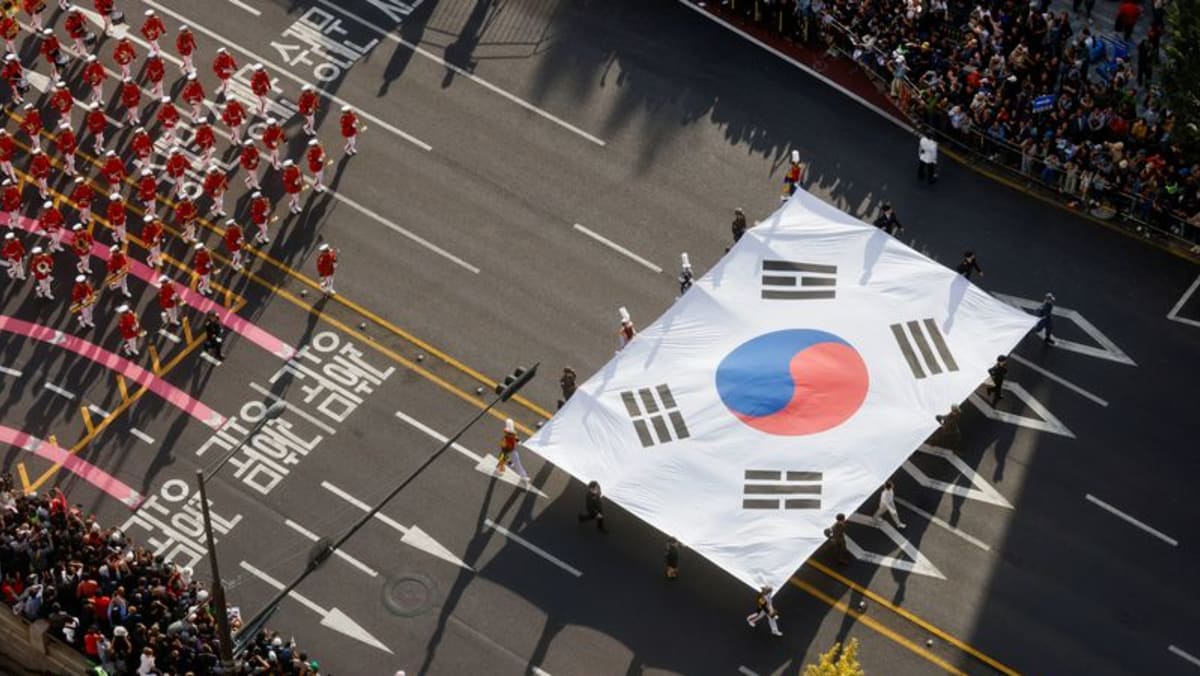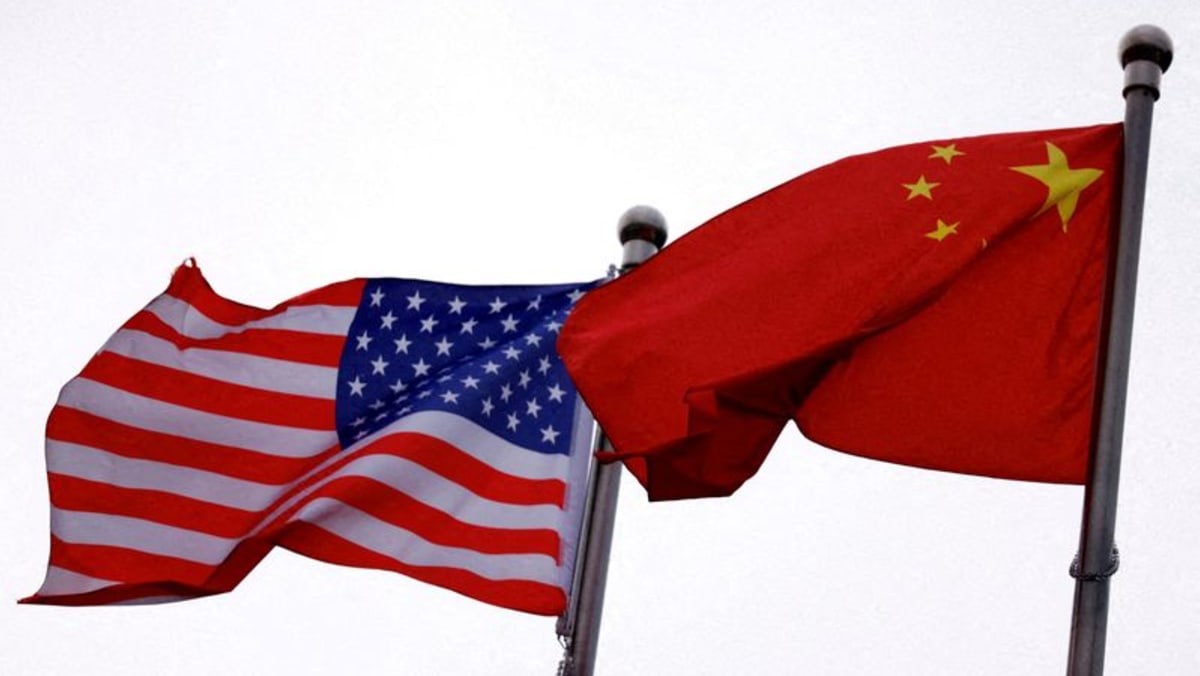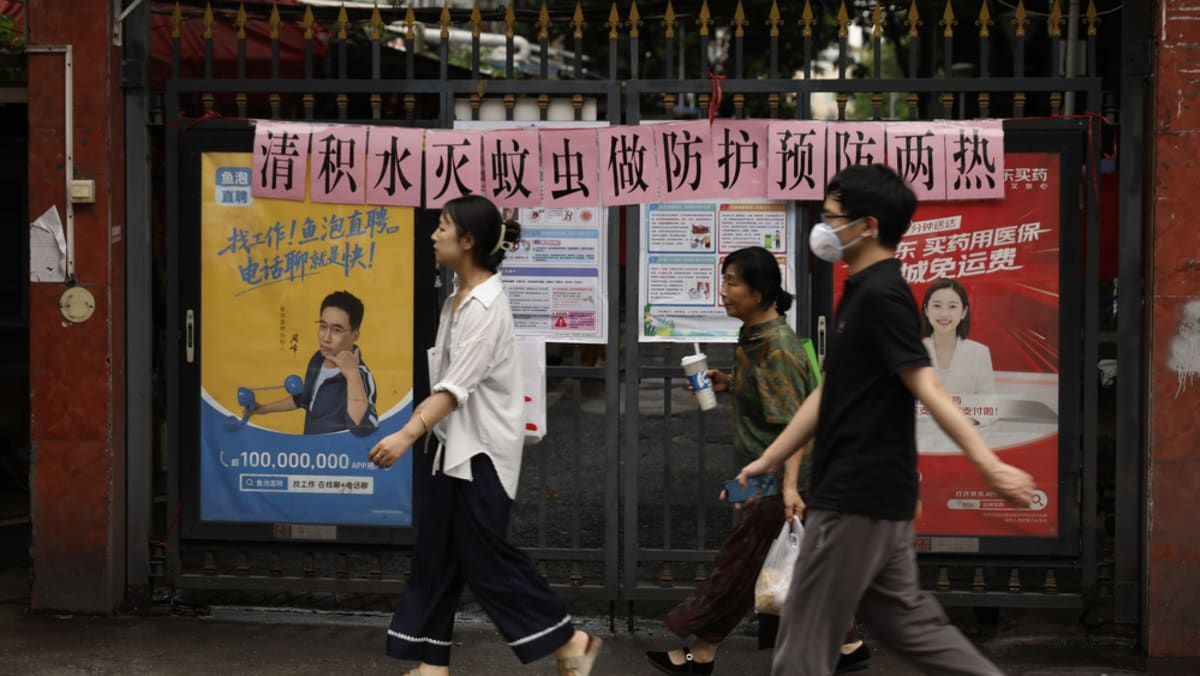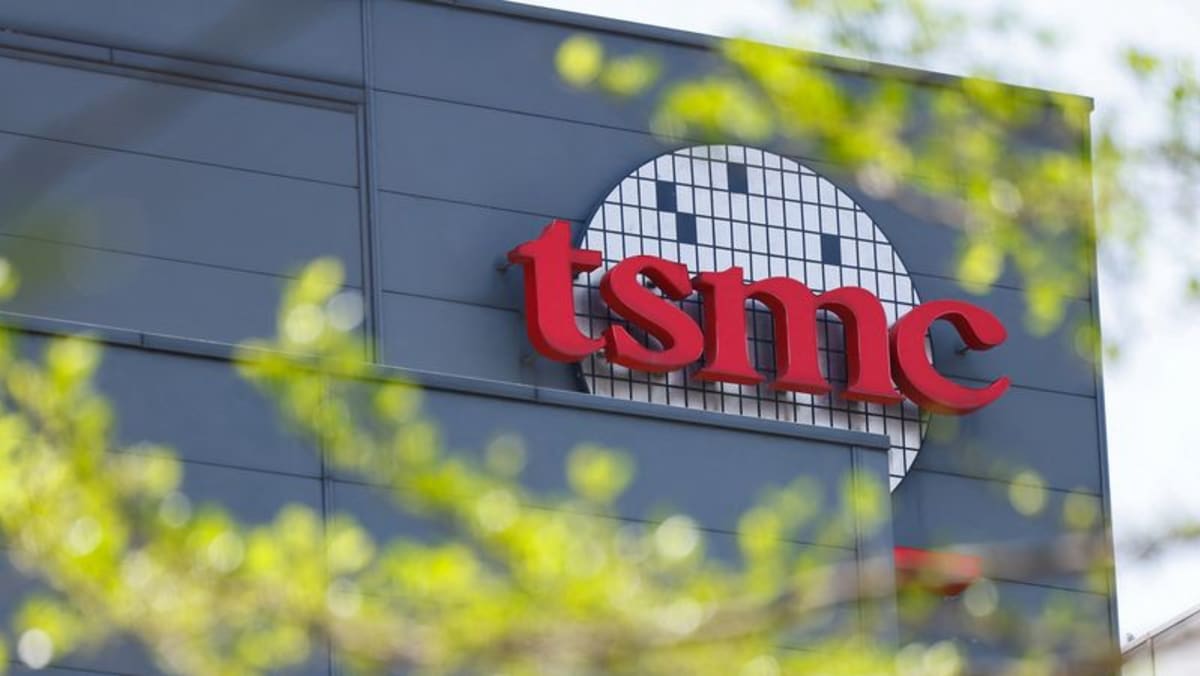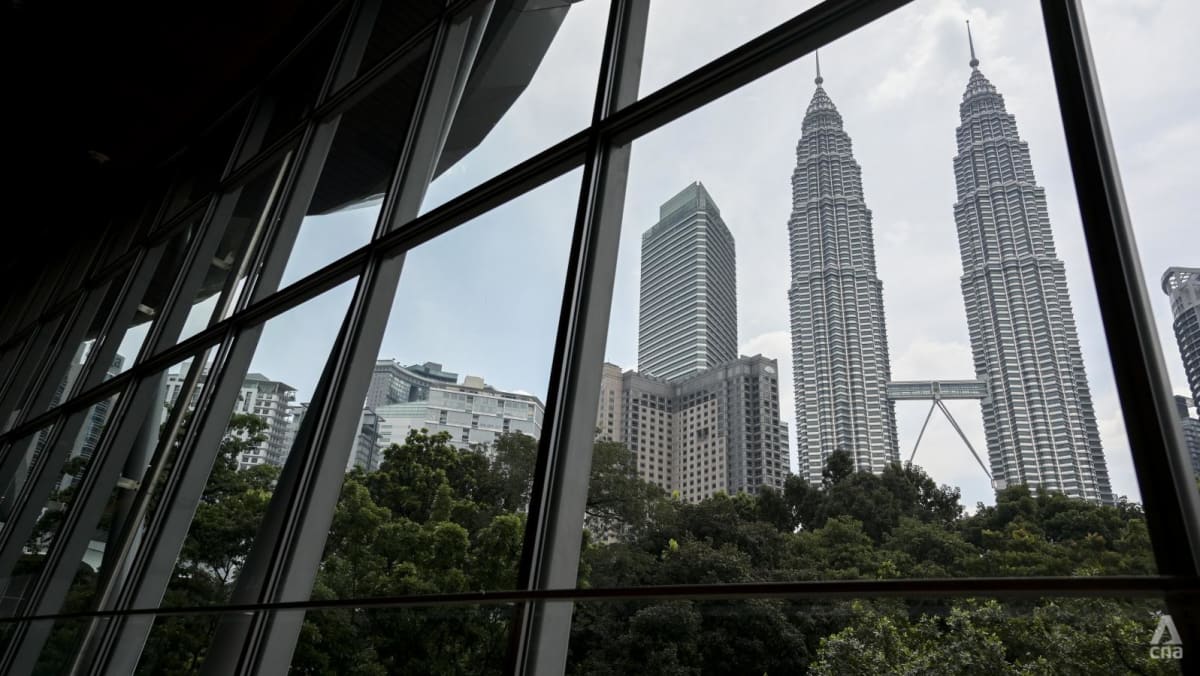GENEVA: The United States and China said on Monday (May 12) they have agreed to temporarily slash reciprocal tariffs in a deal that surpassed expectations the world’s two biggest economies seek to end a damaging trade war that has stoked fears of recession and roiled financial markets.
The US will cut extra tariffs it imposed on Chinese imports in April this year to 30 per cent from 145 per cent and Chinese duties on US imports will fall to 10 per cent from 125 per cent, the two sides said on Monday. The new measures are effective for 90 days.
The dollar rose against major currencies and markets lifted following the news, which helped allay concerns about a downturn triggered last month by US President Donald Trump’s escalation of tariff measures aimed at narrowing the US trade deficit.
“Both countries represented their national interest very well,” Bessent said. “We both have an interest in balanced trade, the US will continue moving towards that.”
“We both have an interest in balanced trade, the US will continue moving towards that.”
Striking a conciliatory tone towards China, Bessent was speaking alongside US Trade Representative Jamieson Greer after the weekend talks in Switzerland in which both sides hailed progress on narrowing differences.
“The consensus from both delegations this weekend is neither side wants a decoupling,” Bessent said.
“And what had occurred with these very high tariffs … was the equivalent of an embargo, and neither side wants that. We do want trade.”
The tariff dispute had brought nearly US$600 billion in two-way trade to a standstill, disrupting supply chains, sparking fears of stagflation and triggering some layoffs.
The Geneva meetings were the first face-to-face interactions between senior US and Chinese economic officials since Trump returned to power and launched a global tariff blitz, imposing particularly hefty duties on China.
Bessent said the deal did not include sector-specific tariffs and that the US would continue strategic rebalancing in areas including medicines, semiconductors and steel where it had identified supply chain vulnerabilities.
The accord went further than many analysts had expected following weeks of confrontational rhetoric on trade.
“This is better than I expected. I thought tariffs would be cut to somewhere around 50%,” said Zhiwei Zhang, chief economist at Pinpoint Asset Management in Hong Kong.
“Obviously, this is very positive news for economies in both countries and for the global economy, and makes investors much less concerned about the damage to global supply chains in the short term,” Zhang added.


